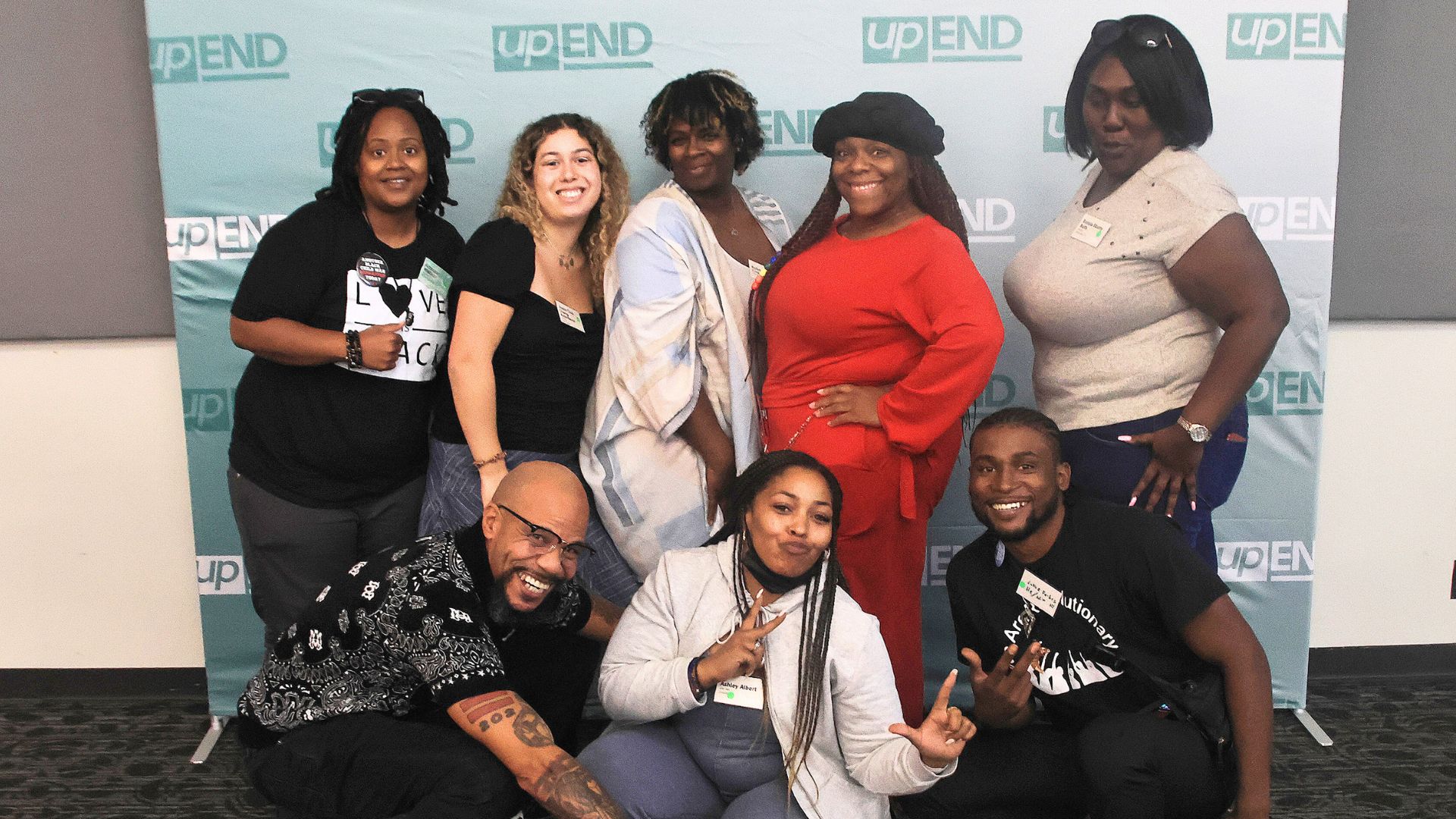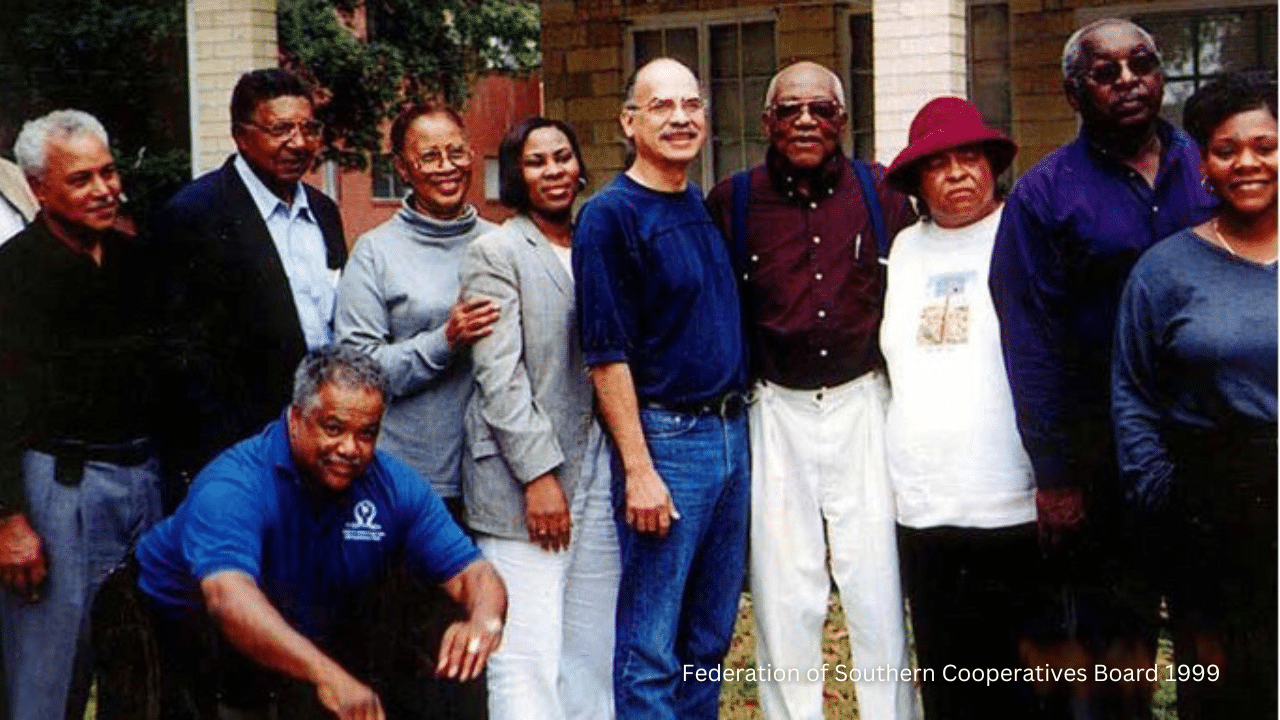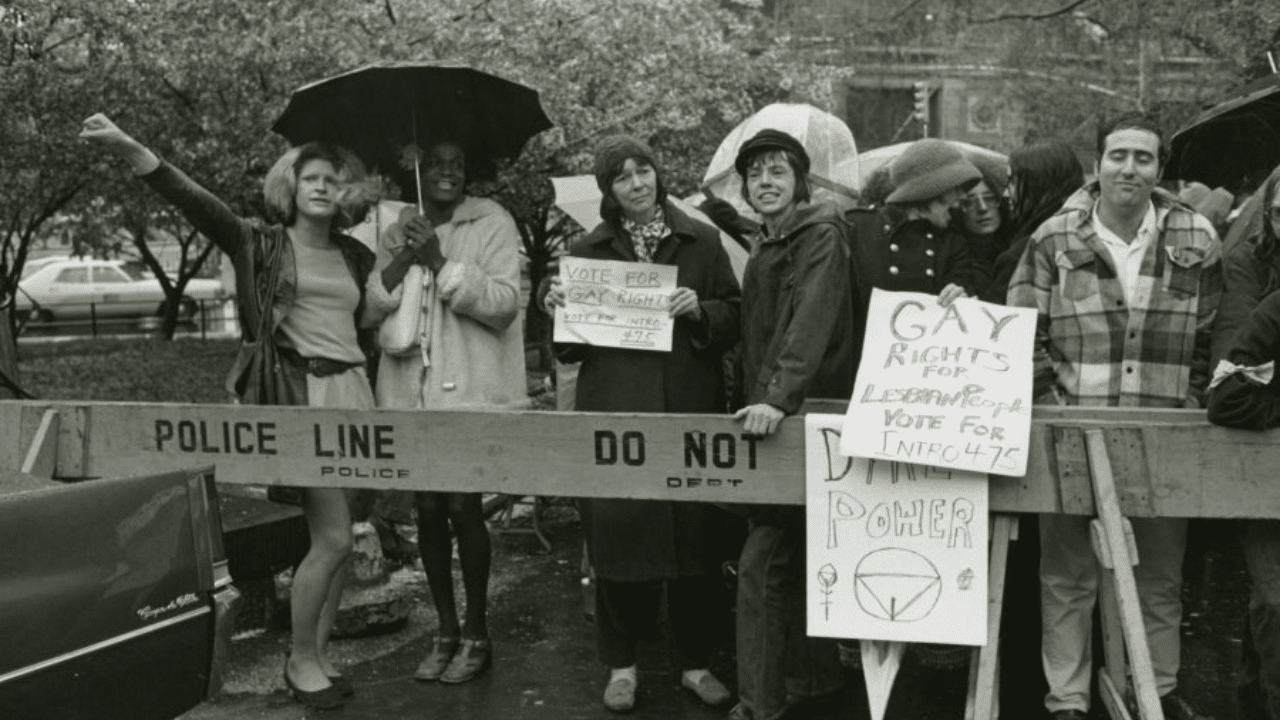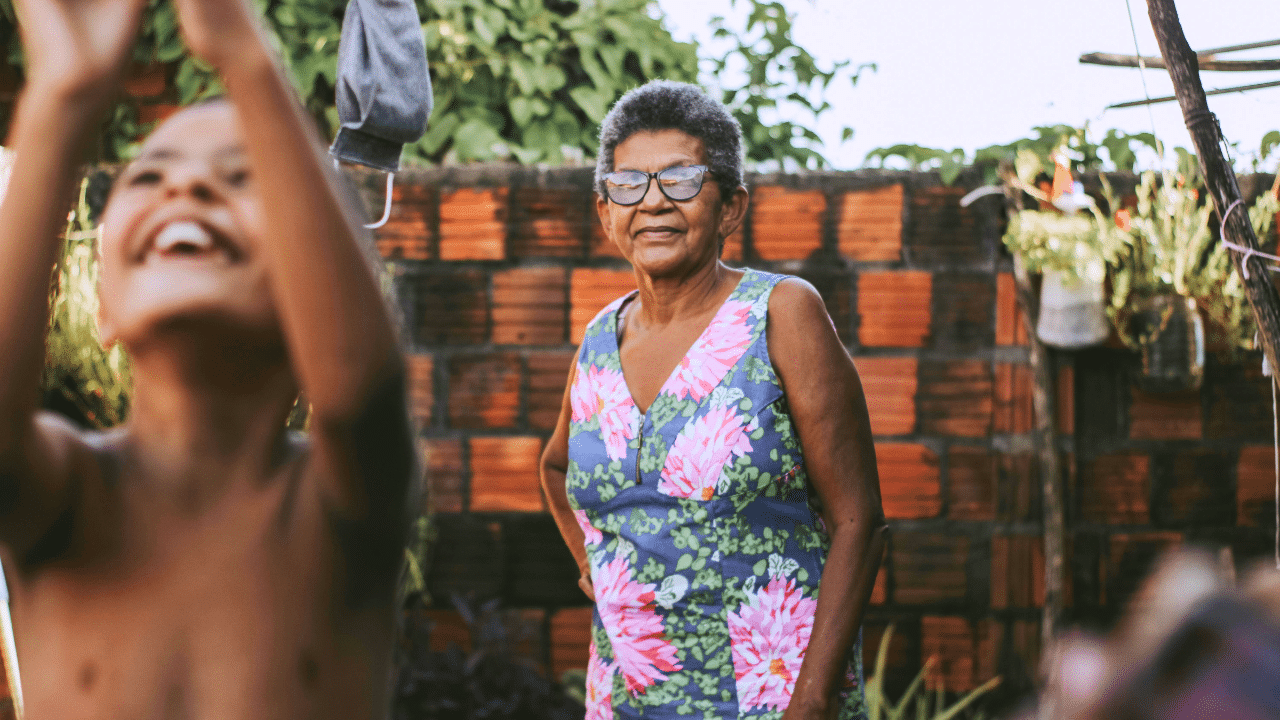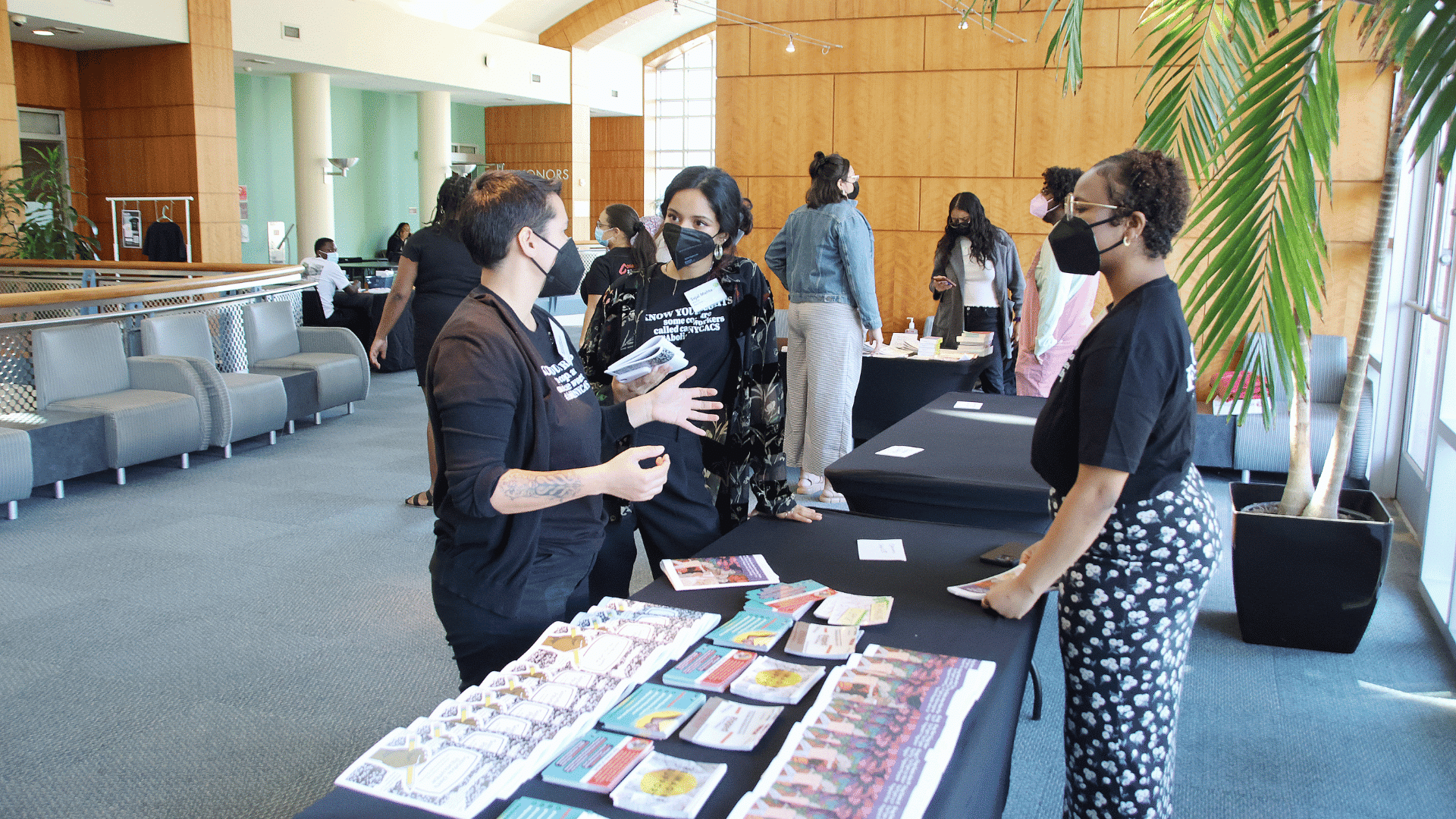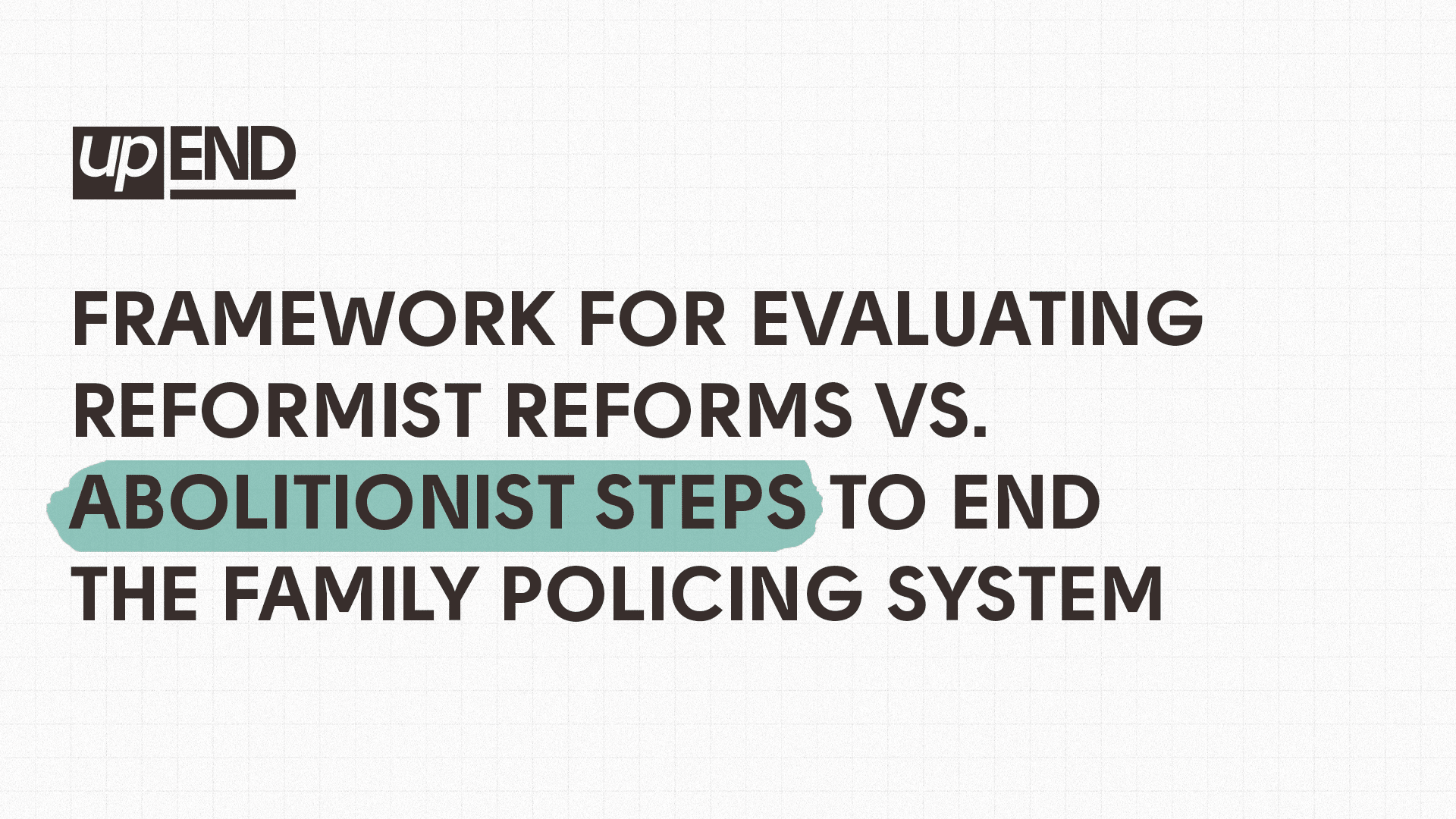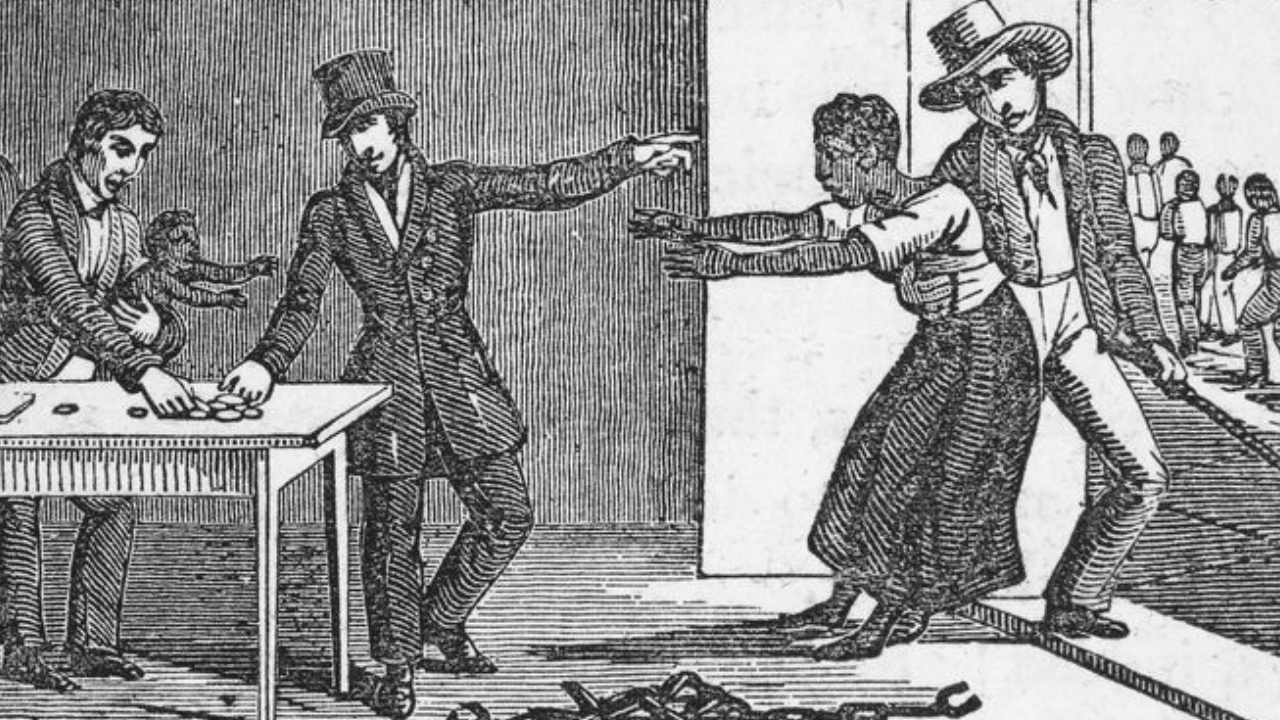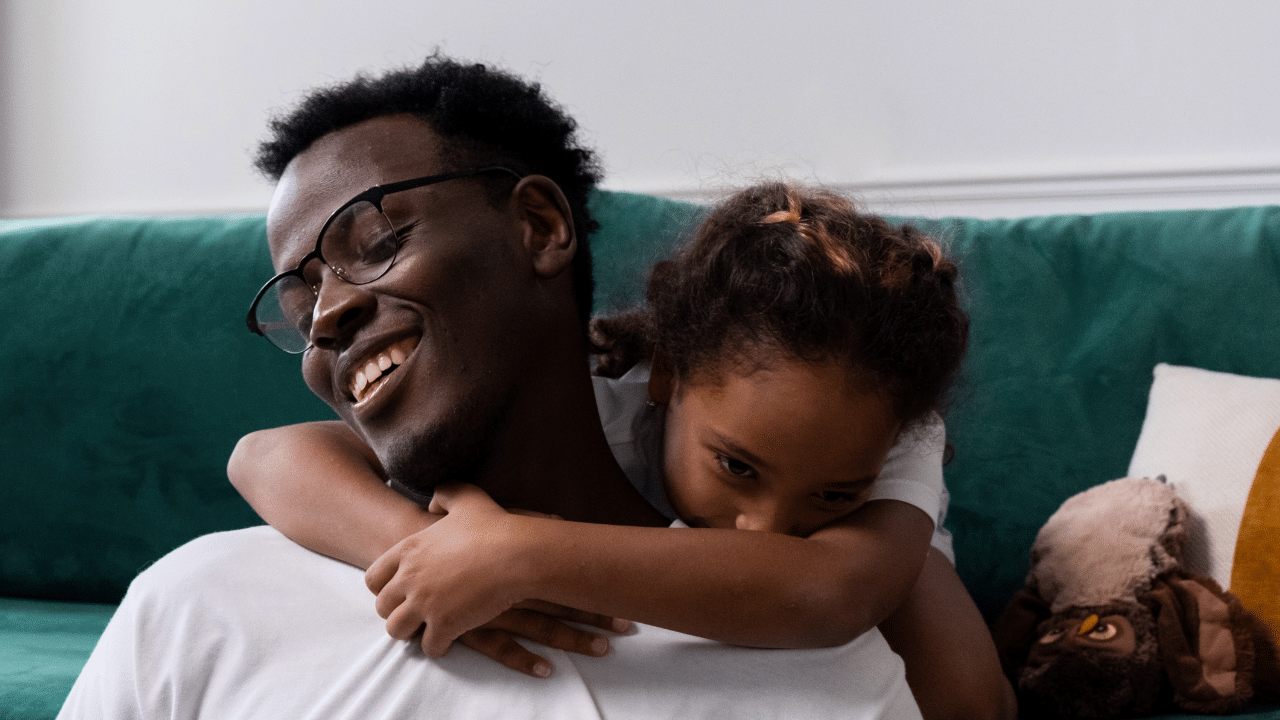Reflections on upEND’s 5th Birthday
Five years ago, around Juneteenth—a celebration of delayed but hard-won freedom—a small collective of insiders-turned-abolitionists planted the seeds of upEND.
Breaking Down Family Policing Copaganda in the New ‘Lilo & Stitch’
Set in Hawai’i, against the backdrop of violent family separation of Indigenous families by the child welfare system, the film is poised to impact the way millions of people think about family policing and the termination of parental rights.
Black History Month: More Than Commemoration—A Blueprint for Liberation
Throughout history, Black people have resisted not only through direct action against oppressive forces but also by creating systems of care that ensured collective survival.
Reflections on Pride 2024
Ending the family policing system and fighting for an abolitionist world necessarily also includes developing a robust platform that centers and amplifies the realities that Black LGBTQ youth face as they navigate carceral systems.
Family Policing Doesn’t Prevent Child Abuse, Abolition Can
While the family policing system also purports to prevent child abuse, abolition seeks to prevent harm before it occurs in the first place.
Upending The Racialized Family Ideal
Child welfare policies reward those who uphold the American “family ideal” and police, punish, and profit from those who don’t meet it.
2023 Convening Recap
There is a place for all of us to resist family policing and carcerality, through practice, policy, and language.
Abolitionist Steps to Build a Better World
Reforms are ineffective at combating racism and harm in part because they do not intend to, but also because they begin with the wrong presumptions.
No Coincidence: Black Family Separations Then and Now
Black families faced an incomprehensible level of pain, anger, confusion, and powerlessness during enslavement. Sadly, when speaking with Black families who have had their children forcibly and involuntarily removed by the family policing system today, too little has changed.
We Know Investing In Families Works. Why Are We Still Investing in Harm?
The family policing system’s punitive approach does not – and cannot – ever authentically heal or prevent anything.
